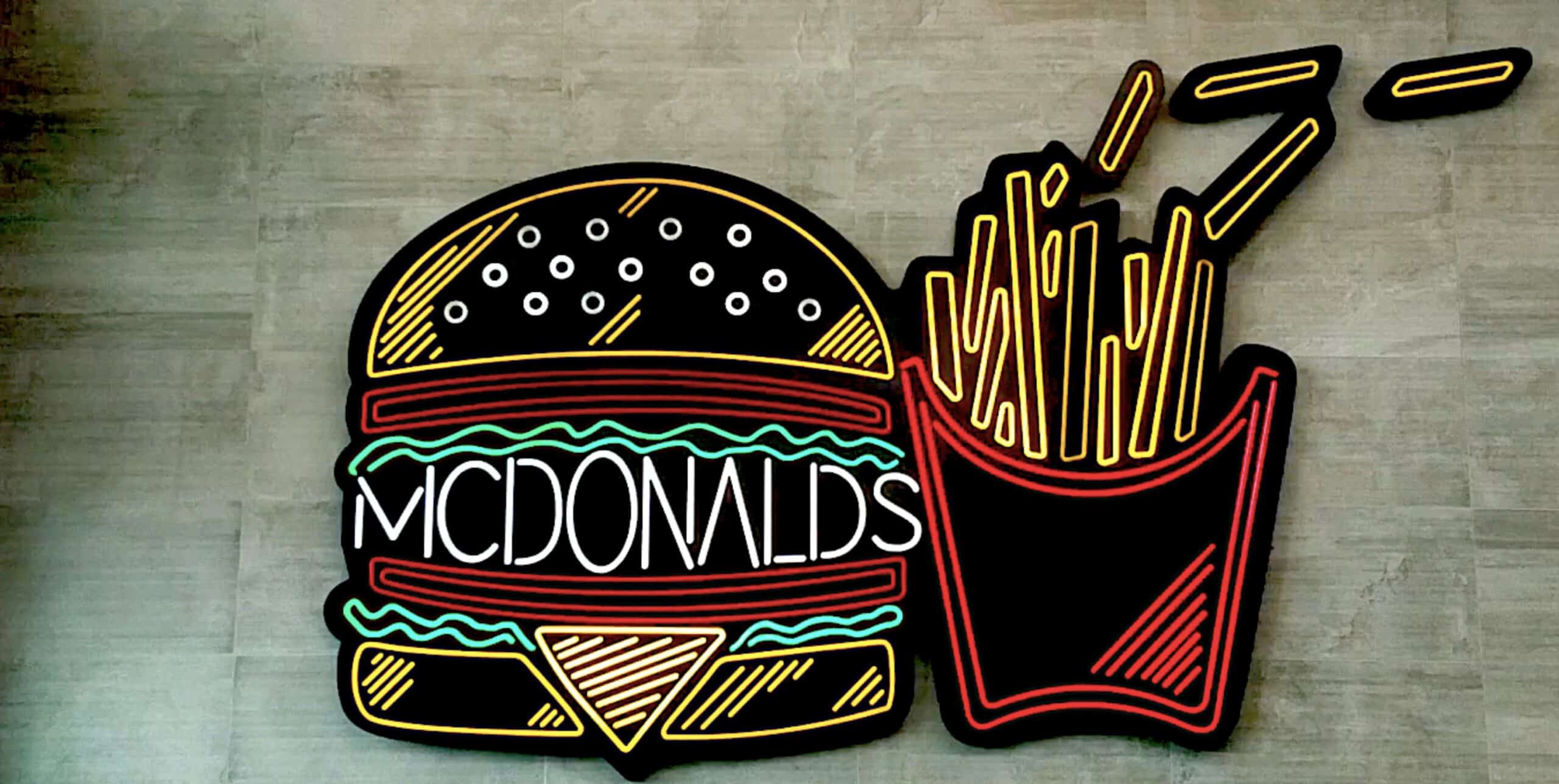
What Should You Use When Scholarships Aren’t Enough?
Most college students cringe at the idea of getting student loans. This is the dreaded side effect of going to college that people try to avoid at all costs. Nevertheless, there may come a time when your scholarships and grants simply do not cover your cost of attendance. You have to find a way to pay for the leftover expenses out of pocket.
If you are trying to find a way to pay off your college debt, you may consider getting a credit card to pay your bills. There are a few advantages to this, but there are a number of concerns you need to keep in mind as well. Here is a comparison of student loans and credit cards to help you decide which option works best for you.
Student Loans vs. Credit Cards
The easiest way to compare student loans and credit cards for college debt is to look at the features that apply to both of them. These include:
Interest Rates
Federal student loan interest rates range from 4.66% to 7.21%, depending on the type of loan you get. The average credit card interest rate is 13.02% to 15.57%. You can get a credit card with a 0% interest introductory offer, but that will only give you 12-18 months of no interest payments. If you cannot pay off your debt in that time, you will have an even higher rate to deal with in the end.
Payoff Periods
The payoff period for federal student loans is 10-25 years, which gives you plenty of time to recover from your college debt. Credit cards do not have set payoff periods. You essentially pay on them until your balance is gone. The amount of time this takes will depend on how much money you pay each month and how high your interest rate is. You could pay off your credit card in less than 10 years, but chances are you will be paying it off much longer than that if you only make your minimum monthly payments.
Monthly Payments
There are several different options for monthly payments with student loans. Some people choose to pay based on a fixed timeframe, while others pay based on a portion of their income. If you are not making much money now but have the prospect of making a lot in the future, you may consider the income based option. These payments can be as low as $5 a month. If you do not see any fluctuations in your pay rate over time, a fixed payment might be best for you.
With credit cards, you have to pay whatever the minimum amount is for your card. This varies greatly by credit card. Some will charge you a percentage of your current balance, while others will charge a fixed rate plus a percentage of the balance. Most minimum credit card payments are about $15 a month.
Credit Impact
Student loans and credit cards both show up as debts on your credit report. The difference is that credit cards are revolving debts, which means that they can fluctuate from month to month. Credit card payments will do more for your credit score than student loan payments, but defaulting on a credit card will also hurt your score more in the end. Most lenders will not care much if they see student loans on your credit report, but they will have issues if you have excessive credit card debt.
Borrowing Limits
Every student in America has a capped amount of federal student loans he or she can accumulate. This varies based on the type of school the student is attending (undergraduate vs. graduate) and the type of loan he or she gets. Private loans reach above these limits and can fill in the gaps that federal loans may leave. As a whole though, most students are eligible for more than enough money through student loans to cover their education costs, especially if they are able to secure scholarships and grants along the way.
With credit cards, on the other hand, your borrowing options are quite limited. Chances are that as a college student, you do not have enough credit to get a large limit on your credit card. You might be able to get one card with a $1,000 limit, but you won’t be able to do much more than that. If you need more money than what your available credit will allow for, credit cards won’t do you any good.
When Student Loans Work Best
As a whole, student loans are better than credit cards for college debt. They have higher limits, lower interest rates, flexible payment options, and less of an impact on your credit. Federal student loans tend to be more affordable than private student loans, but there are unique opportunities around every corner. You simply have to find the loan that is most affordable for you and make an effort to pay it back over time.
When Credit Cards Work Best
The only time credit cards work better than student loans for college debt is when you have a small amount of money to pay and you plan to pay it off right away. You might be able to get a no interest credit card that you can pay off the balance on within the intro period. In that case, you will be able to build a lot of credit and get out of your debt without paying any interest.
Final Takeaway
Before you even consider student loans or credit cards, try to get as much payment-free financial aid as possible. Apply for student grants and scholarships as often as you can to minimize your out of pocket expenses. Then consider the information above to determine the best route to take for your debt. With the right amount of evaluation, you should find the perfect solution for your education.
How useful was this post?
Click on a star to rate it!
Average rating 0 / 5. Vote count: 0
No votes so far! Be the first to rate this post.






